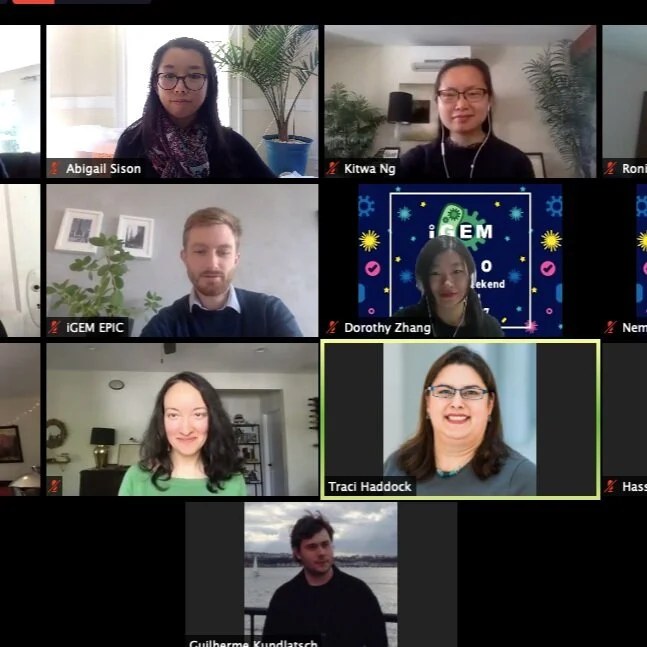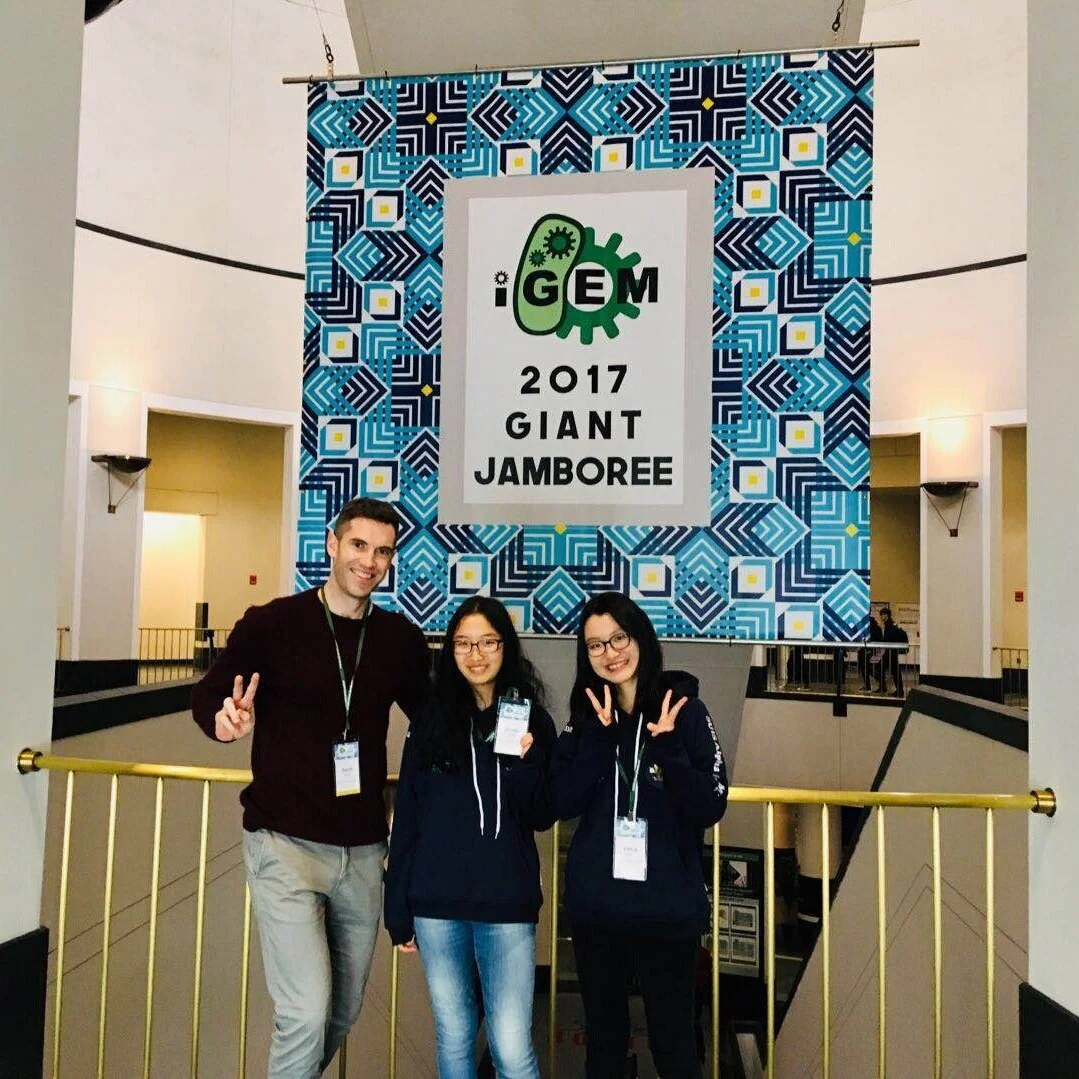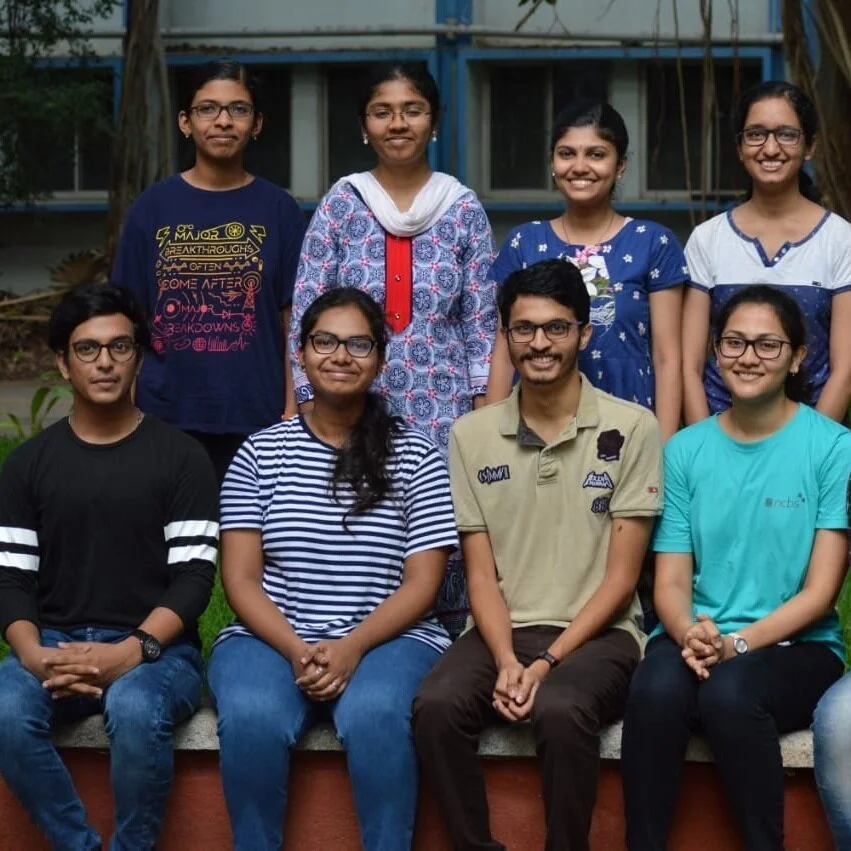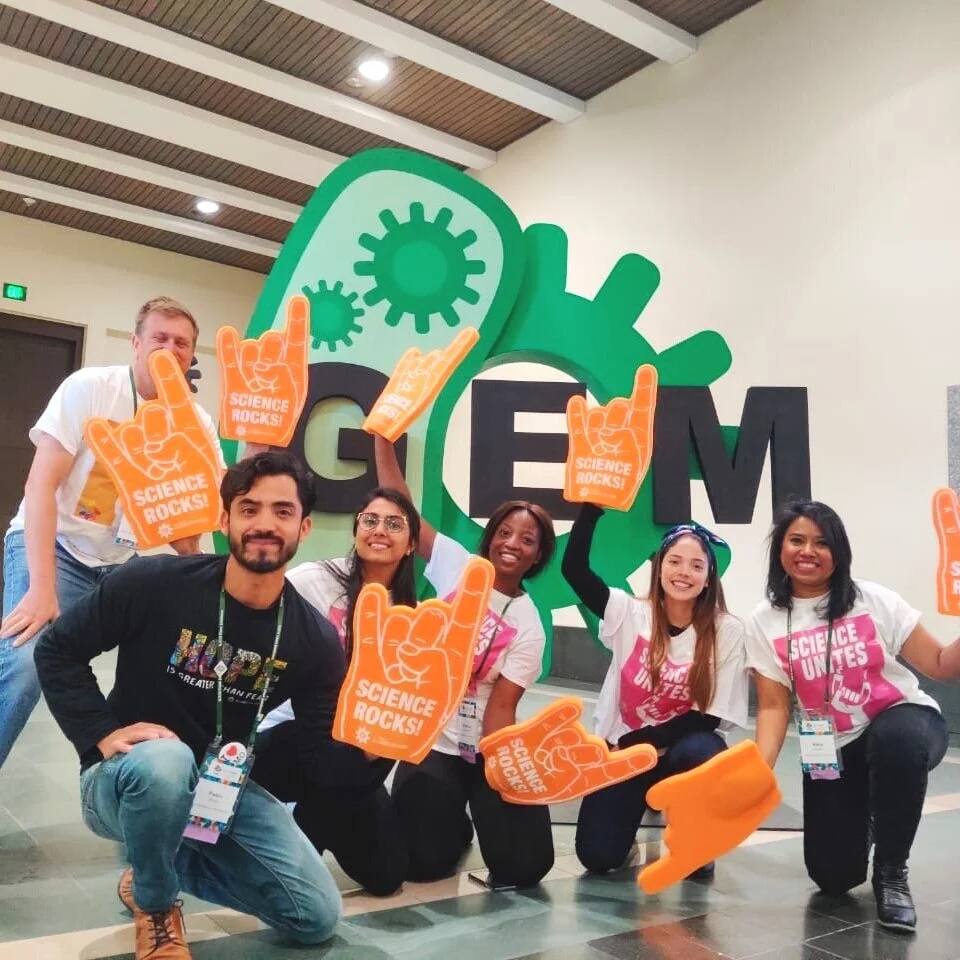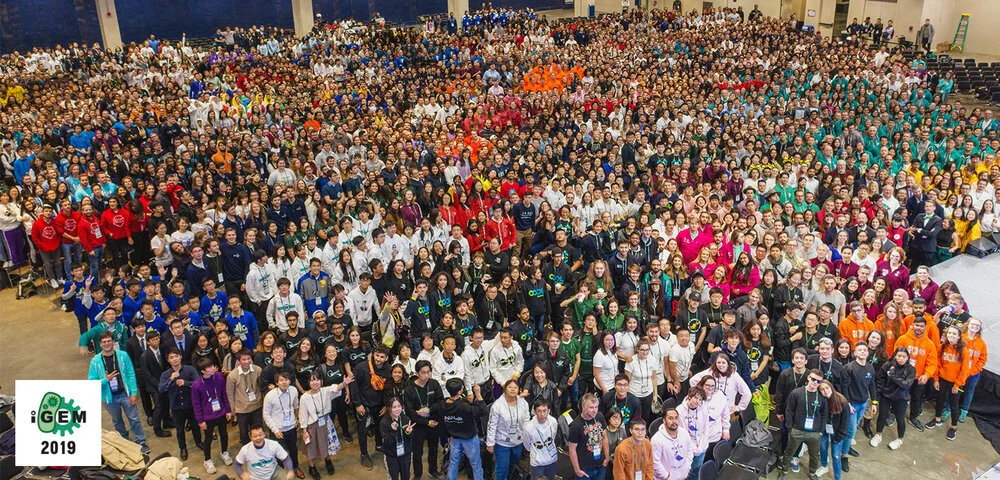Bluepha was founded by two iGEMers from different universities in China: Dr. Zhang himself from Peking University and Dr. Teng Li from Tsinghua University. They met at the iGEM Giant Jamboree in 2010 and have remained friends ever since.
Welcome!
This blog is where we share stories, announcements, and insights from around the iGEM community.




